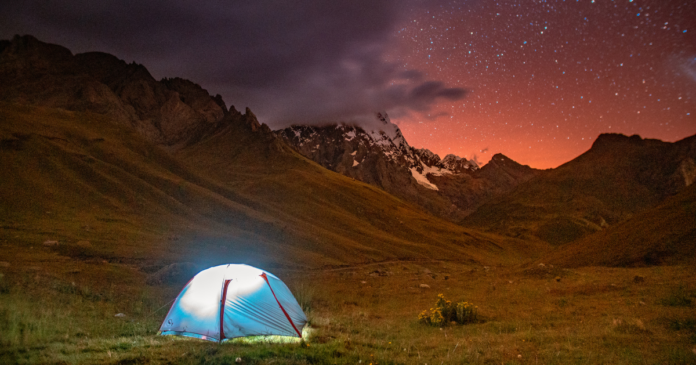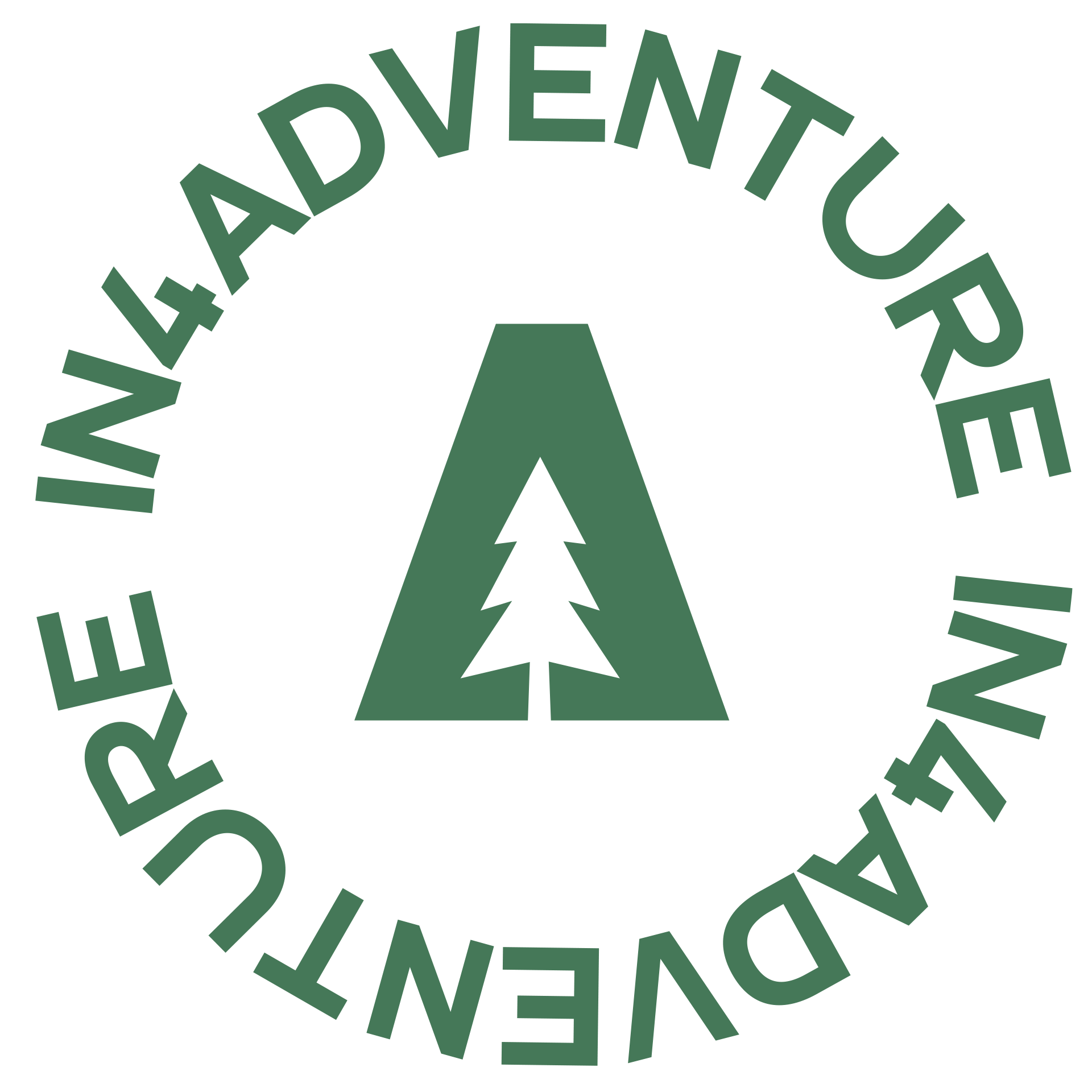There are alternatives to tent camping that can help you save money and add some spice to your backpacking experience. Today, I'm going to walk you through three simple options that you can experiment with, depending on your comfort level. You can absolutely stay dry and happy throughout the night! All this, without breaking the bank or solely relying on a classic shelter.
Tarp Shelters for Camping
Can you camp with just a tarp?
Some of you may have heard me reference my three year stint as a wilderness guide. What you may not have realized is that during that time, I did not once use a tent. Instead, I went with a tarp shelter. This totally viable approach is popular amongst ultra-light backpackers, as well as people who like to camp in a hammock.
The one I've been going with lately is the Outdoor Vitals Delano UL Tarp. It retails for $130 USD and only weighs 14 ounces. If you don't mind the extra bulk/weight, you can even go as low as $20 at your local hardware store.
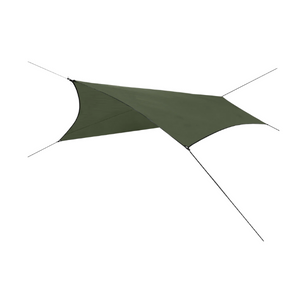
Why use a tarp instead of a tent?
Simply put, I love camping under a tarp. There's something extra special about the backcountry when you sleep closer to the environment and are more immediately aware of your surroundings. I realize a tent is but a thin sheet of nylon, but that's still enough to create the illusion of separation.
How do you rig a tarp for camping?
The standard setup involves tying the tarp to some trees and staking it down with tent pegs. Other options include using tent poles or maybe some paddles (if it's a river trip) instead of trees.It doesn't hurt to plan ahead or scout out some pictures of your upcoming campsites to see what your options will be like.
Use a ground cloth
You might also want to pop a simple ground cloth underneath the sleeping pad for some extra comfort and protection. The tarp will need to be rigged up higher than if you are just sleeping on the ground if you plan on using a hammock. For an in-depth guide on setting up a tarp, check out my video.
Are camping tarps worth it?
After many years of using alternatives to tent camping like tarp shelters, I certainly think they're a fun and cost-effective alternative to using a tent. To be fair, I can't say this approach is without its drawbacks, such as protection from bugs or snakes and other critters.
Just the general peace-of-mind that comes with having four walls around you is something to consider. Also, if the wind is blowing wildly, then it's not a perfect solution for the rain. But with that said, I think the common apprehensions are generally overblown. I'll continue using my tarp from time to time. I recommend you give it a shot at some point in the near future.
Bivy Sacks for Camping
What is the purpose of a bivy sack?
A bivy sack is essentially a big bag for your bag. That is to say, the bivy provides a waterproof exterior for your sleeping bag and even your sleeping pad/mattress. This is more of an advanced option that is typically used by alpinists/mountaineers. People who are going on some intense missions where protection from inclement weather is needed, but a full-pack isn't feasible or desirable.
All that's needed is a flat space of about 6-feet by 2-feet. You'll be able to roll this thing out and make it work for the night. Of course, this is a one-person solution, and so everyone in your party would have to have their own. For the individual, it sure is a cool way to nestle in close to nature, such as within the rocks or under a tree.
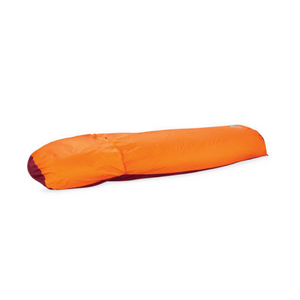
MSR Pro Bivy Review
For my own purposes, I've gravitated to the MSR Pro Bivy. It weighs a mere 10 ounces, plus it's waterproof (except for the head flap) and durable. It is on the pricey side ($230 USD), but they also have an emergency shelter version, which is a little bit lighter, but not quite as durable, and rings in a hundred dollars cheaper.
Cowboy Camping
What does it mean to cowboy camp?
The classic cowboy camp is one of my favorite options on a clear night. All that is required is a sleeping bag, pad, and a ground cloth to protect your pad from twigs, rocks, etc. I suppose you could remove any of those pieces if you wanted to go ultra-minimalist, but this is the triple-threat that I recommend.
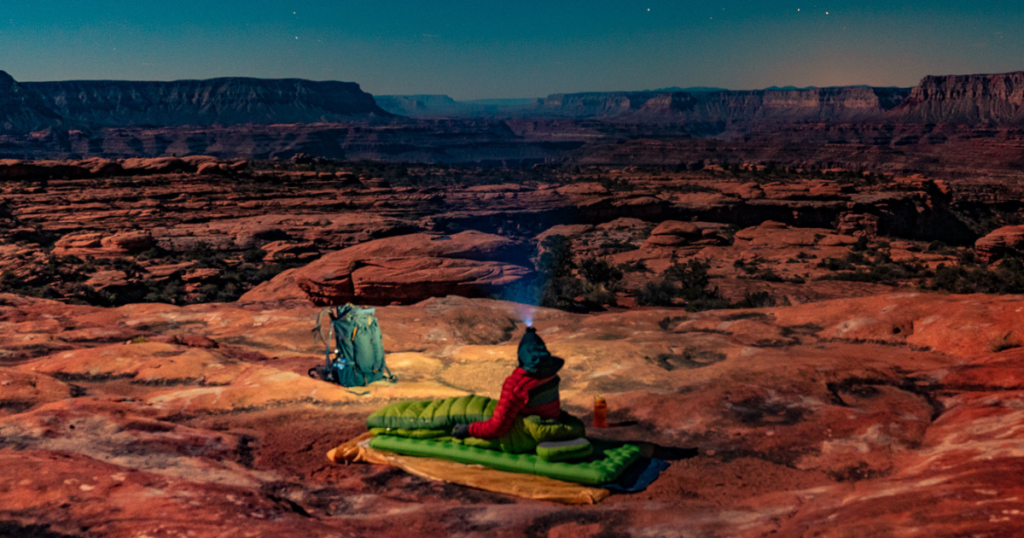
Know of any alternatives to tent camping?
Have you used any of these tent alternatives? Let me know the pros and cons of whichever affordable method you've settled on. And if you haven't taken the plunge, maybe this will be just the kick you need. I hope you enjoyed this article. For more tips and gear reviews, check out my BackpackingTV channel.
In my opinion, this is the most satisfying way to camp. You get a clear view of the stars, with nothing but open-air all around. Since I live in the desert, I'm fortunate to have weather that is generally reliable. But one little hack that I suggest (since you never know for sure what can happen) is to use a tarp for the ground cloth. Then if it does start to rain, you can rig it up reasonably quick and ride out the rest of the night. I know it can be a little intimidating at first glance, but I highly recommend y'all try this one out.



